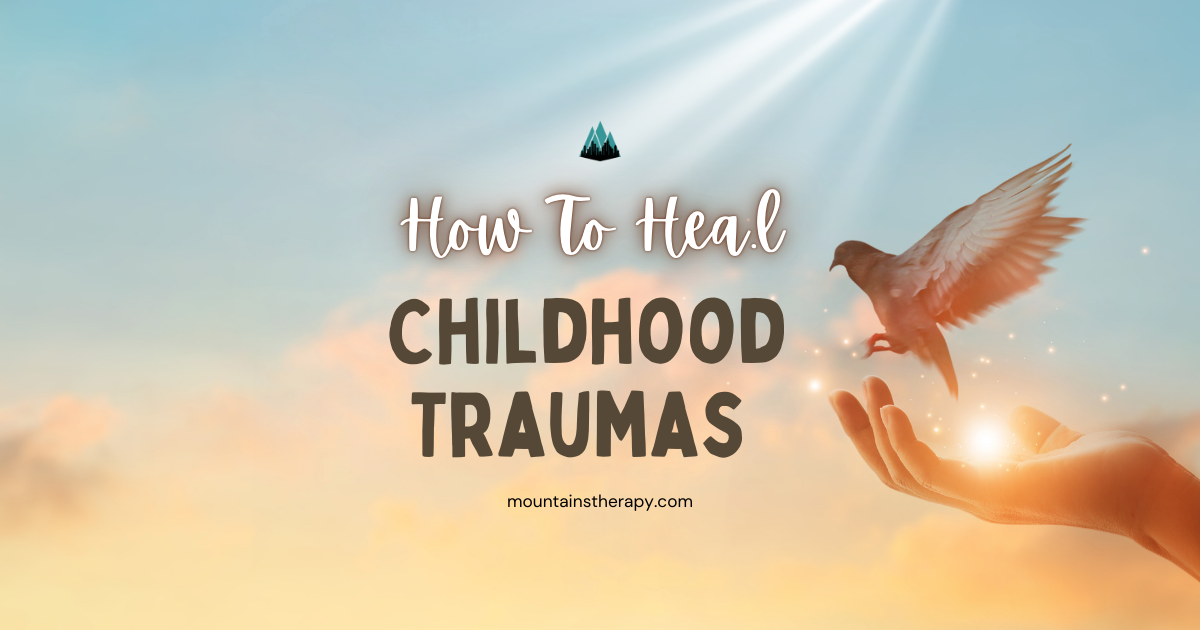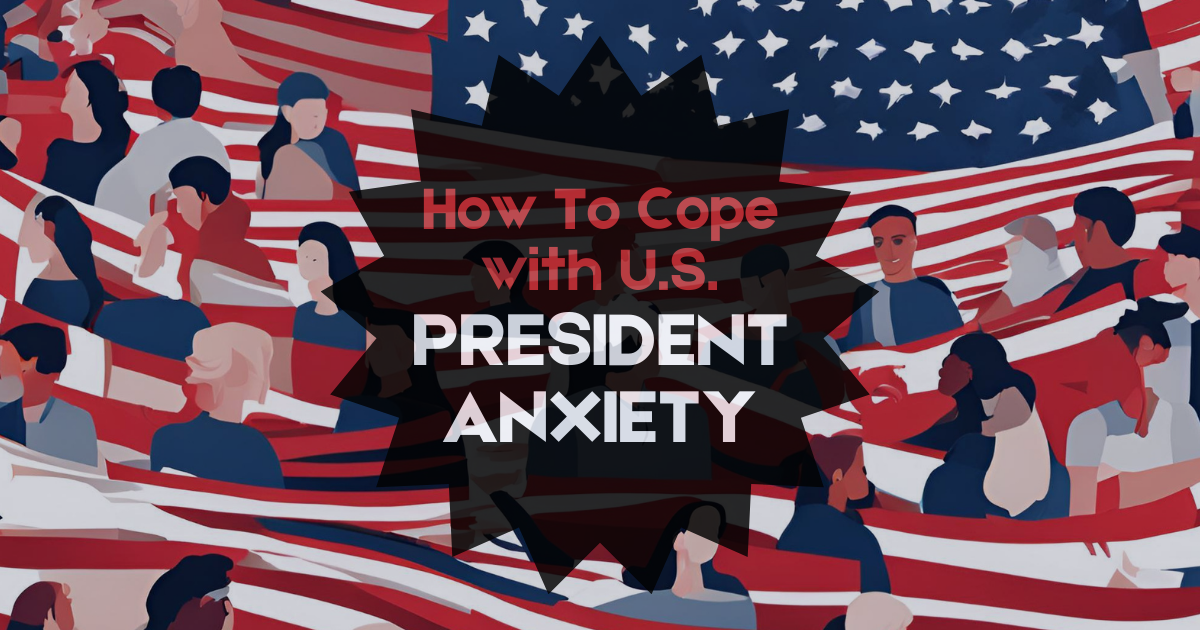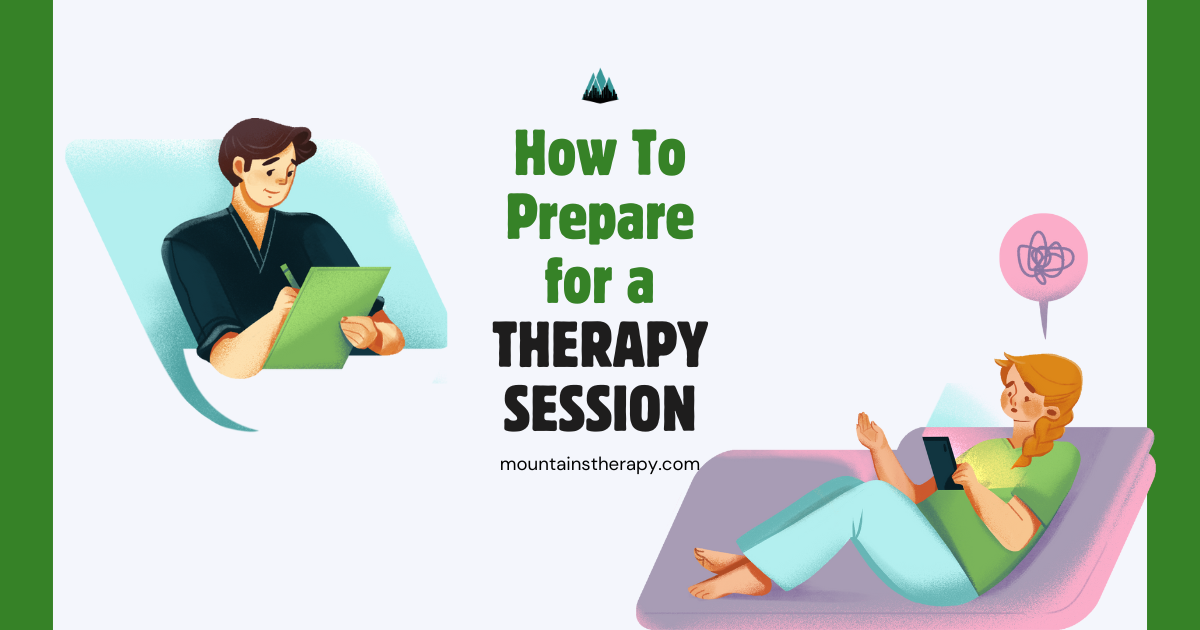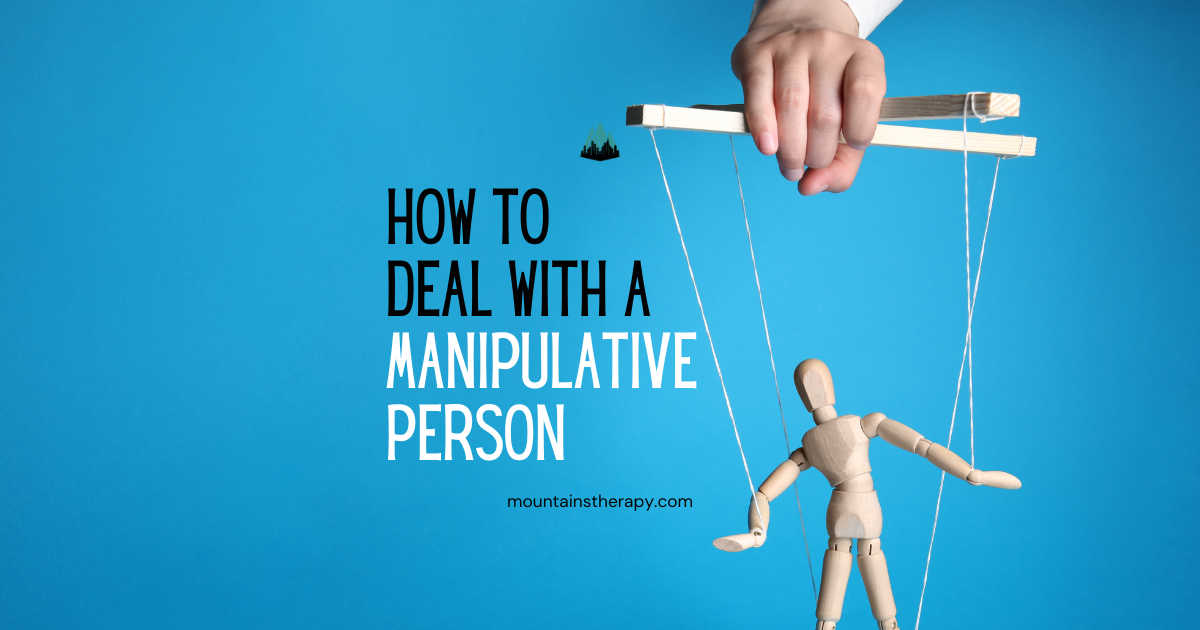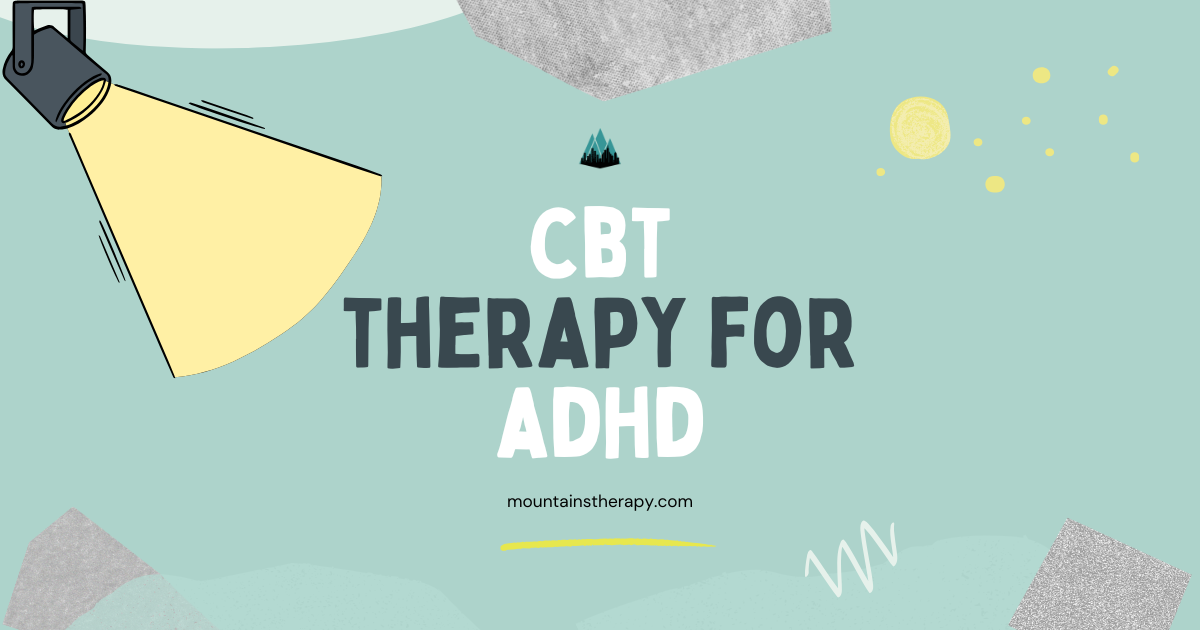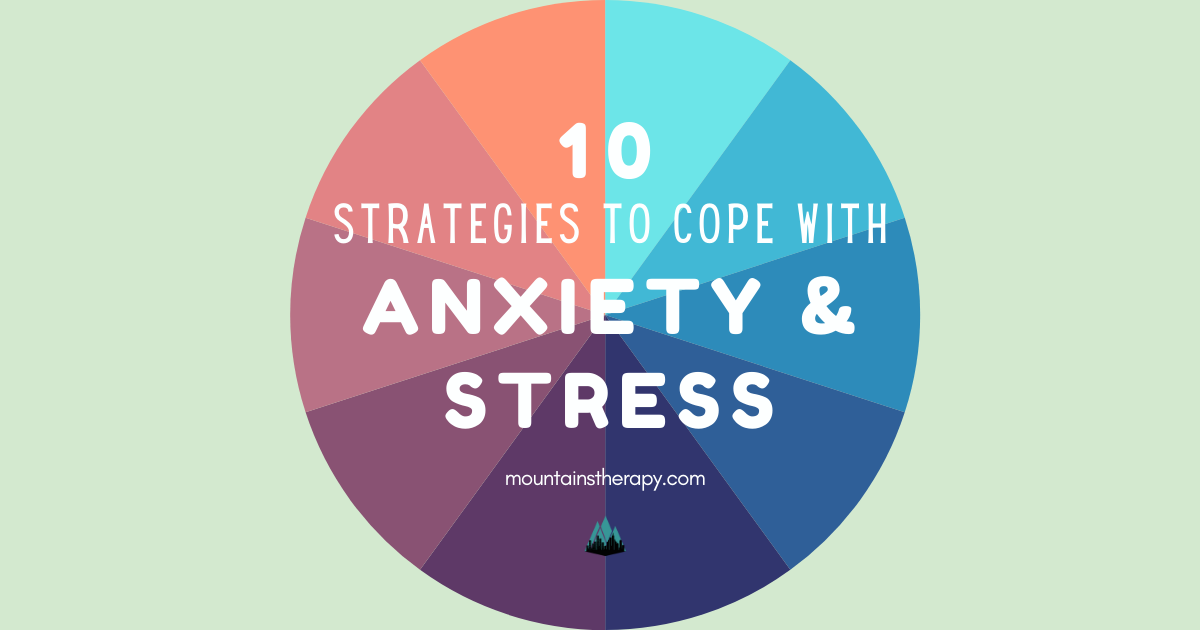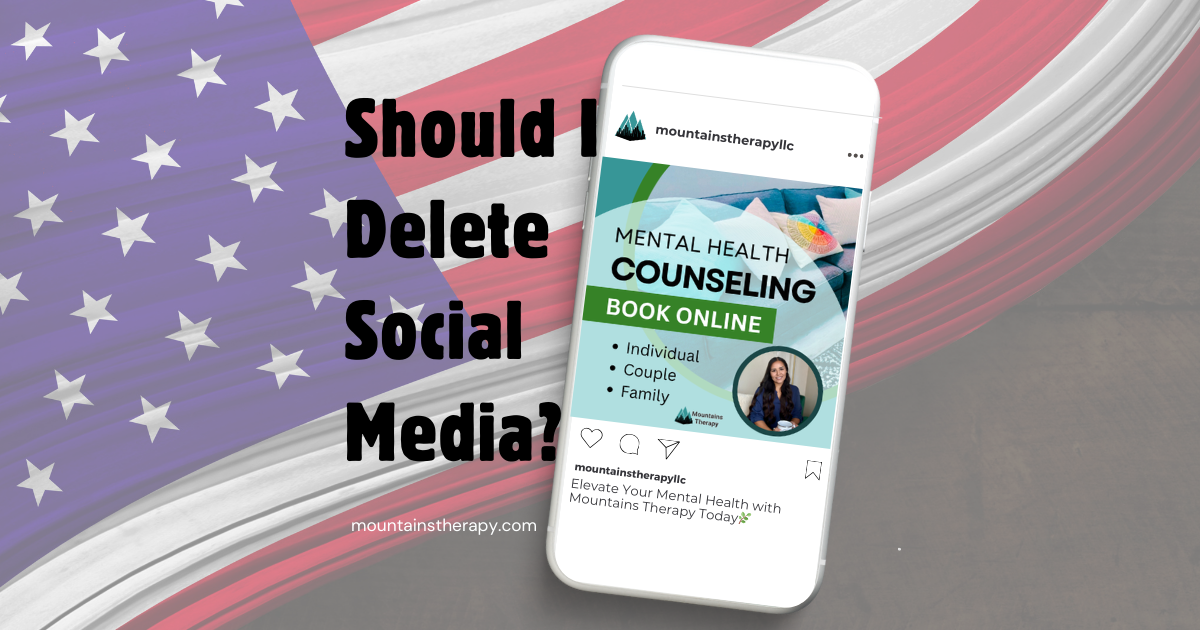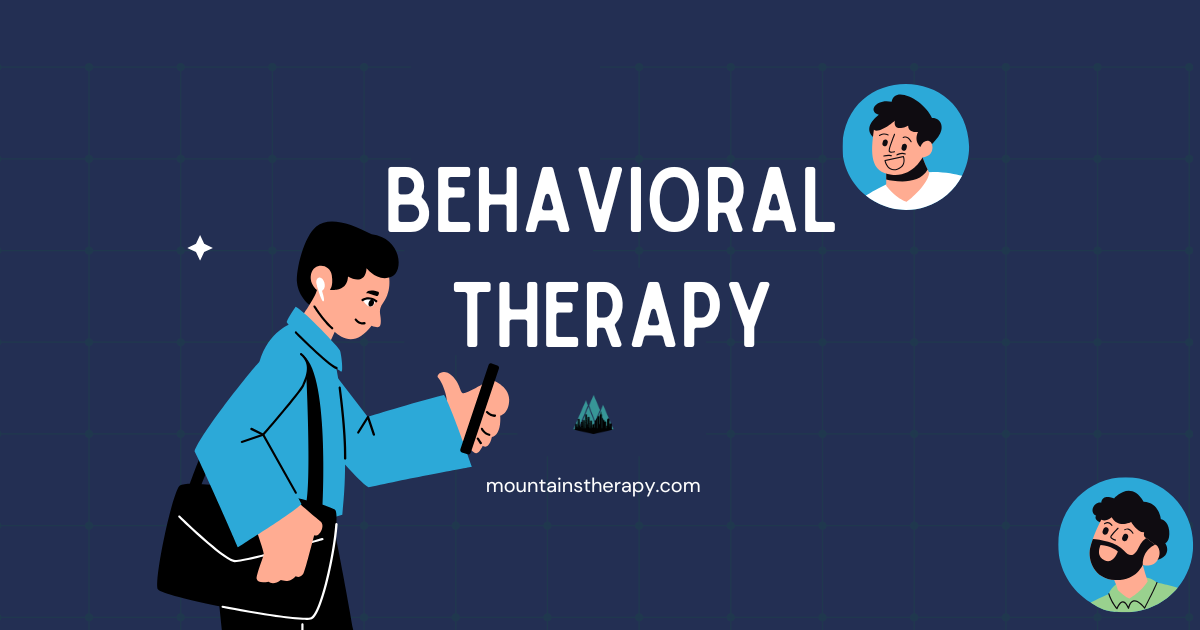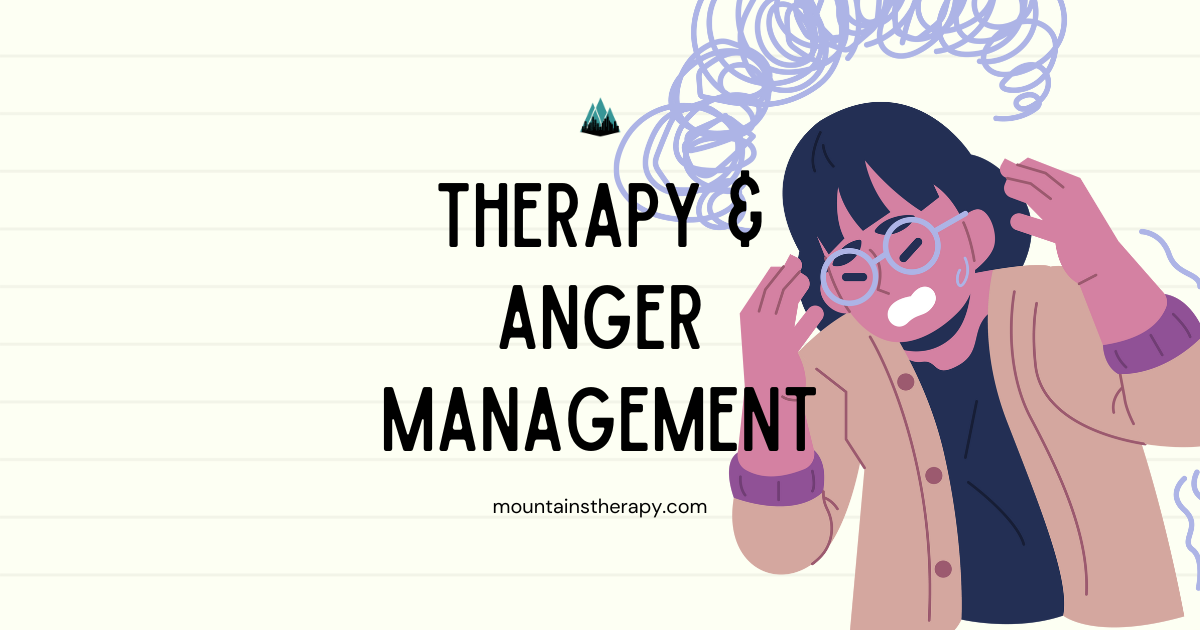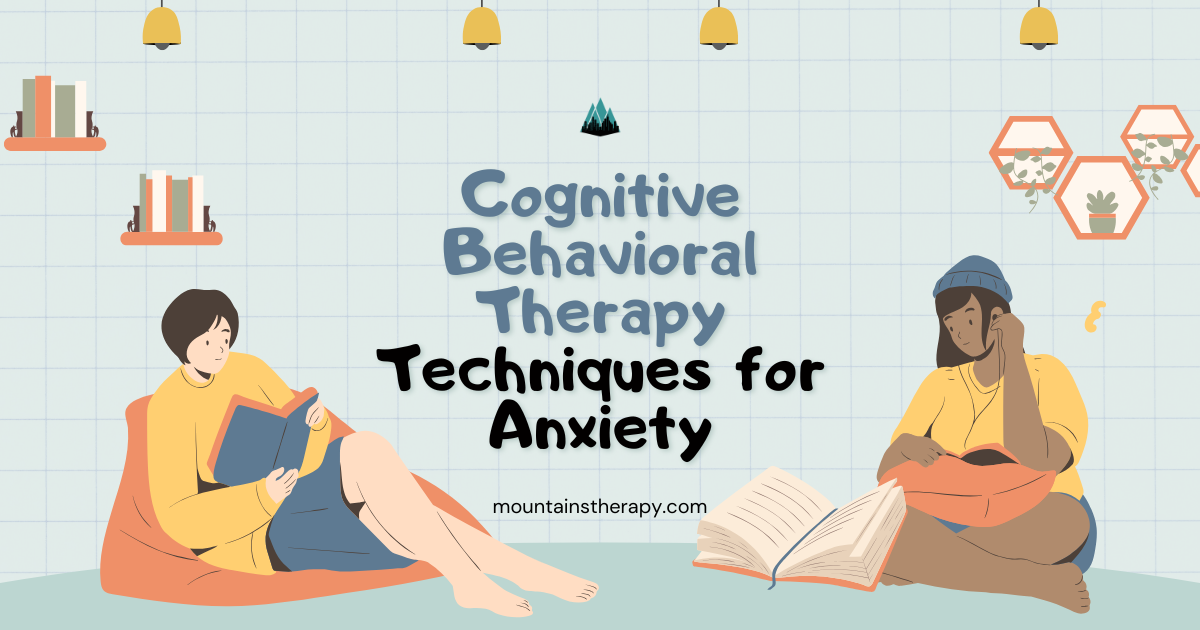BEST THERAPIST AWARD WINNER - BEST OF MONTCLAIR 2024
How To Heal From Childhood Traumas: Find the Best Therapist for Recovery
Learn more about Childhood Trauma Therapy.
In This Blog, You’ll Learn:
- What are childhood traumas and how they impact adulthood
- Steps to heal childhood traumas and reclaim emotional well-being
- How healing from childhood traumas improves relationships and self-worth
Understanding Childhood Traumas
Childhood traumas shape how we navigate life, relationships, and self-perception. But healing from childhood traumas is possible with awareness, self-compassion, and intentional action.
What Are Childhood Traumas?
Trauma in childhood stems from distressing events that overwhelm a child’s ability to cope. Some of the most common childhood traumas include:
- Abuse (physical, emotional, or sexual)
- Neglect or abandonment
- Parental divorce or separation
- Witnessing violence or substance abuse
- Loss of a caregiver
- Serious illness or hospitalization
- Bullying or social rejection
- Emotional invalidation
What are the 10 Childhood Traumas?
Research identifies 10 childhood traumas, commonly known as Adverse Childhood Experiences or ACEs,. Understanding these childhood traumas in adults is key to healing from childhood traumas and breaking the cycle of emotional pain. Therapy and self-awareness can help individuals work through their past and build a healthier future.
1. Physical Abuse
- Being hit, slapped, kicked, or otherwise physically harmed by a caregiver or authority figure.
- Can lead to fear, hypervigilance, or difficulty forming trusting relationships.
2. Emotional Abuse
- Constant criticism, humiliation, rejection, or verbal assault.
- Often results in low self-esteem, anxiety, and difficulty regulating emotions.
3. Sexual Abuse
- Any unwanted sexual contact, coercion, or exposure to sexual content at a young age.
- Can cause deep emotional wounds, trust issues, and post-traumatic stress disorder (PTSD).
4. Physical Neglect
- Lack of proper food, clothing, shelter, or supervision.
- Can create feelings of abandonment and difficulty meeting one's own needs in adulthood.
5. Emotional Neglect
- Absence of love, support, and validation from caregivers.
- Can lead to difficulties in expressing emotions, forming relationships, or recognizing personal worth.
6. Parental Separation or Divorce
- The emotional distress caused by family breakdown, custody battles, or instability in living arrangements.
- May contribute to attachment issues, anxiety, and struggles with commitment.
7. Witnessing Domestic Violence
- Seeing a parent or caregiver being physically, emotionally, or verbally abused.
- Can normalize toxic relationship patterns and lead to fear or aggression in adulthood.
8. Substance Abuse in the Household
- Living with a parent or family member who struggles with drug or alcohol addiction.
- Can lead to a chaotic home environment, neglect, or taking on adult responsibilities too early.
9. Mental Illness in the Household
- Having a caregiver with untreated depression, anxiety, schizophrenia, or another mental illness.
- May cause instability, emotional neglect, or feelings of helplessness in childhood.
10. Having an Incarcerated Family Member
- Experiencing a parent's or close relative’s imprisonment.
- Often results in feelings of shame, financial strain, and instability in home life.
There are other lists expand beyond these, including 7 childhood traumas, 8 childhood traumas, and even 9 childhood traumas as different studies classify them in unique ways. Some even discuss 3 unnamed childhood traumas that don’t fit traditional models but still cause deep emotional wounds.
The Effects of Childhood Traumas in Adults
Unresolved childhood traumas in adults manifest in various ways, such as:
- Struggles with emotional regulation and anxiety
- Difficulties trusting others and forming healthy relationships
- Low self-esteem and self-worth issues
- Chronic stress, burnout, and perfectionism
- Disordered eating patterns (effect of childhood traumas on eating disorders systematic review)
- Over-apologizing or people-pleasing (does being too nice come from childhood traumas?)
How to Heal from Childhood Traumas
At Mountains Therapy in Montclair, NJ, we specialize in guiding individuals through the process of healing from childhood traumas with compassion and expertise. Healing is a journey. Here’s how to start:
1. Identify Your Traumas
- Take a childhood traumas test to understand what experiences may still affect you.
- Explore lists such as the list of childhood traumas or different childhood traumas to reflect on your past.
- Some people resonate with enneagram childhood traumas, connecting their trauma responses to personality types.
2. Understand Their Impact
- Ask yourself: What are my childhood traumas?
- Consider how they shape your thoughts, behaviors, and emotional triggers.
- Check platforms like childhood traumas Reddit to see how others navigate healing.
3. Seek Professional Help
- Therapy provides tools to heal childhood traumas and foster emotional resilience.
- Look for trauma-informed therapists who understand healing from childhood traumas black women or healing from childhood traumas black men, addressing cultural nuances.
4. Practice Self-Compassion and Emotional Regulation
- Engage in mindfulness, journaling, and self-reflection.
- Address relationship dynamics through healing from childhood traumas and past relationships or healing from childhood traumas in a relationship.
5. Rebuild Your Identity Beyond Trauma
- Break cycles by understanding how childhood traumas affect your worldview.
- Accept that healing from childhood traumas is so hard but ultimately rewarding.
Overcoming Childhood Traumas
While healing from childhood traumas takes time, patience, and effort, the journey allows you to reclaim your sense of self. If you ever wonder, how many childhood traumas are there? or seek resources like a childhood traumas pdf, remember that healing is an ongoing process—one that is entirely within your reach.
Starting Therapy for Childhood Traumas
If you’re ready to take the next step in healing from childhood traumas, therapy can be an invaluable resource. Working with a trauma-informed therapist can help you process past experiences, develop healthy coping strategies, and reclaim your sense of self. Whether you’re struggling with unresolved emotions, relationship challenges, or self-worth issues, professional support can provide the guidance needed to navigate your healing journey.
At Mountains Therapy in Montclair, NJ, we offer compassionate and individualized therapy to help you overcome the effects of childhood traumas. Our therapists are experienced in trauma recovery and provide a safe space to explore your past while building a healthier future. If you're interested in beginning therapy, reach out to us today to start your path toward healing
Contact us to find the best childhood trauma therapist near me and best childhood trauma counselor near me.
Blog Posts: Elevate Mental Health Blog by Mountains Therapy
IMPORTANT: Call 988 Suicide and Crisis Lifeline 24/7, visit emergency room, or call 911, If you or someone you know are in a mental health crisis or be in danger.
All Rights Reserved | Mountains Therapy LLC

